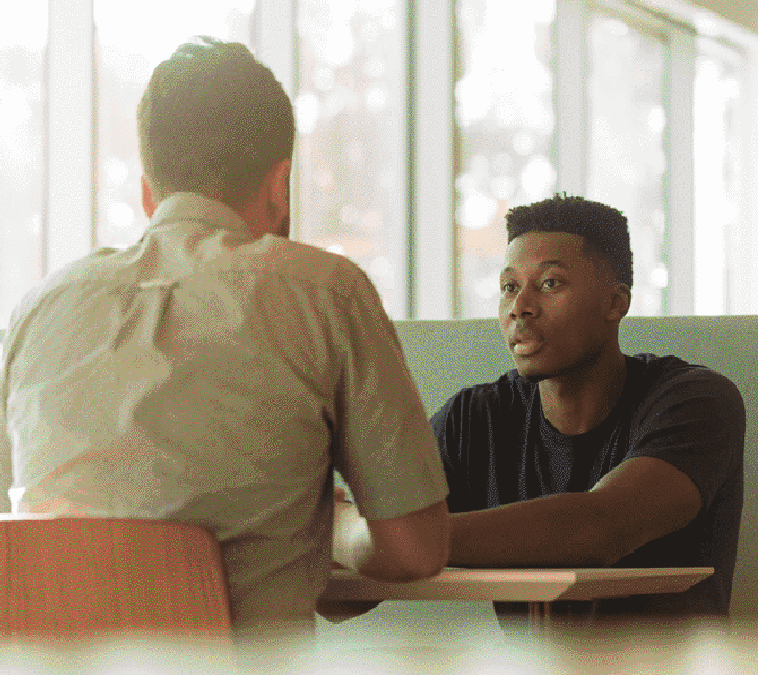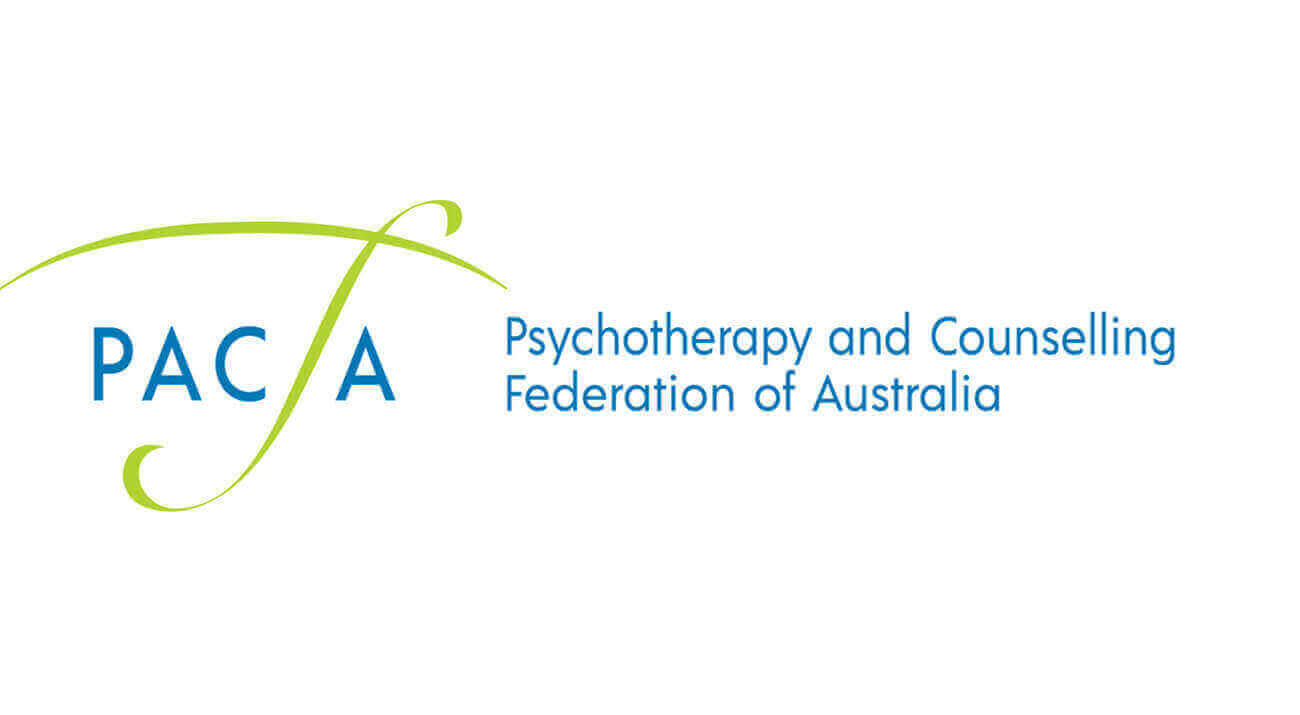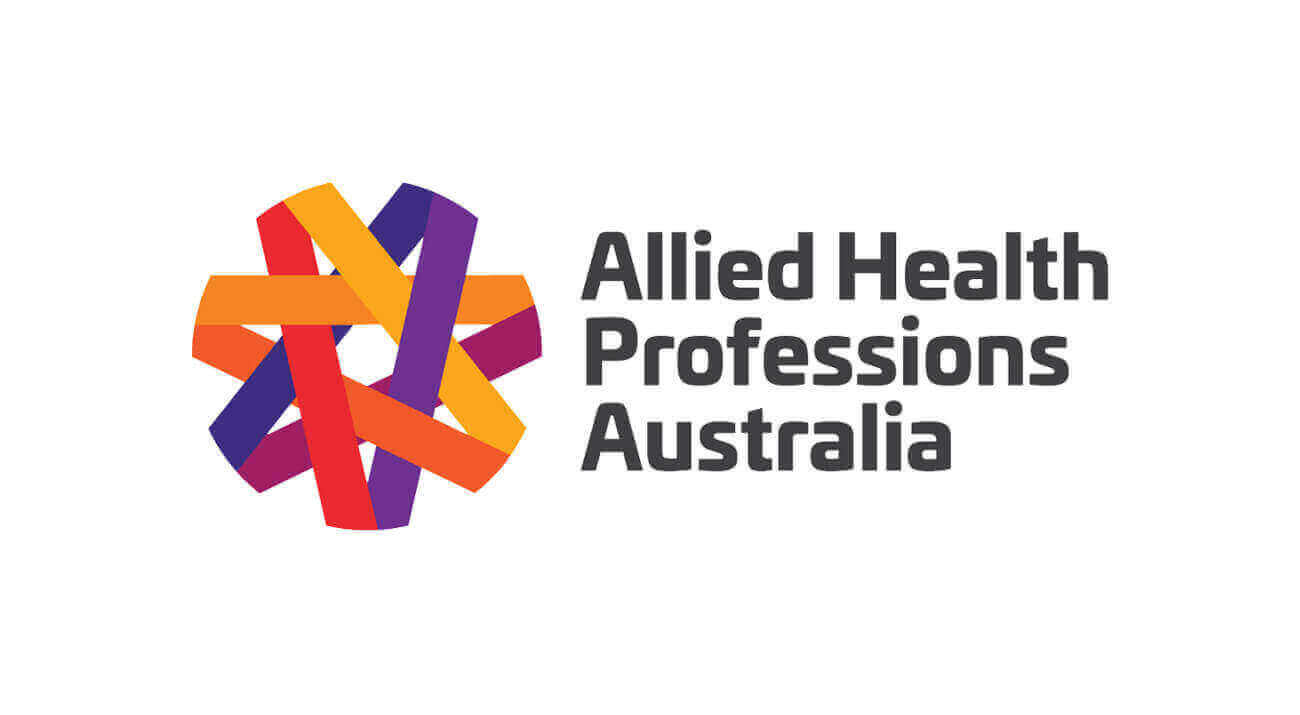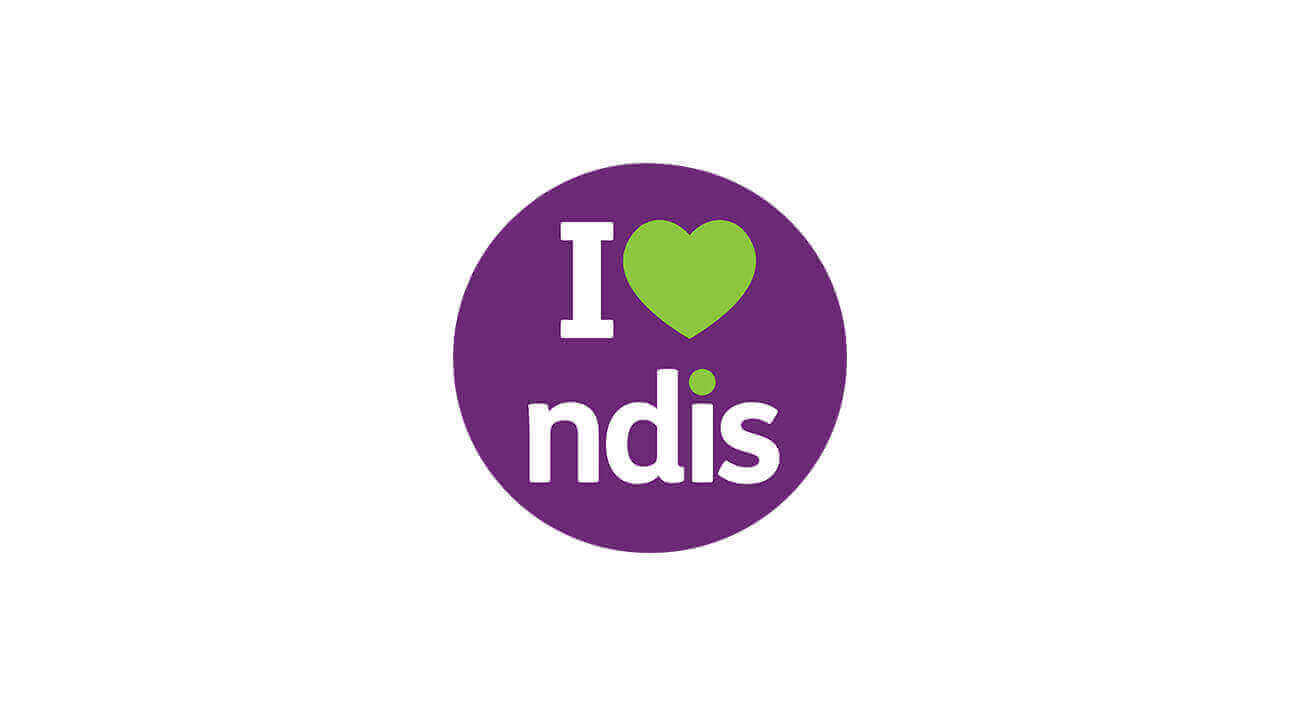Treatment & Therapy for Depression
26 June, 2024
Depression is a serious mental health condition. Currently, at least more than one million people suffer from some form of depression in Australia.
Depression without treatment can increase the risk of harmful behaviours (also self-harming behaviours) that can disrupt relationships and work, cause addiction and make it very difficult to overcome. Research also suggests that the inflammation caused by depression can lead to neurodegeneration, increasing the risk of pathological changes in the brain.
Finding the proper support and treatment can help treat depression. Treatment for depression includes medicinal treatment, psychological treatment, alternative medicines (massage, hypnosis, biofeedback) and brain stimulation therapy. In addition to these treatments, adopting lifestyle changes that include healthy eating habits, proper sleep, and physical training can help with depression.
Psychological Therapy for Depression
Psychological treatments or talking therapies (counselling and psychotherapy) are very effective in treating depression. Psychotherapy and counselling aims at the root of the problem-causing factors to help with depression. Depending on the severity, a counsellor or psychotherapist may use one or a combination of the following psychotherapy approaches.
Cognitive Behavioural Therapy
Cognitive behavioural therapy (CBT) is highly effective in treating depression for people of all ages. It also has lasting effects preventing a possible relapse by teaching effective problem-solving skills. CBT works by addressing the negative thought patterns and behaviours that cause depression. A psychotherapist will work with you to identify and change your negative thought patterns by teaching you new ways of thinking and responding.
Behaviour Therapy
Behaviour therapy (Behavioural Activation) focuses heavily on changing the behaviours that affect emotions. The treatment helps reduce the negative behaviours by reinforcing positive and rewarding activities. A psychotherapist will work with you to set specific goals that are usually pleasurable activities you can do every day or when you feel depressed.
Dialectical Behaviour Therapy
Dialectical behaviour therapy is based on CBT, but it is more focussed on self-acceptance as a step towards learning better coping skills. It helps people with depression to come to terms with their emotions and behaviour first so that they learn to respond to negative thoughts and behavioural patterns rationally and effectively.
Interpersonal Therapy
Interpersonal therapy (IPT) aims at resolving problems in personal and social relationships. Since relationship issues can be a possible reason to cause or trigger depression, this therapy teaches new skills to improve communication and resolve conflicts within relationships.
Mindfulness-Based Cognitive Therapy
Mindfulness-based cognitive therapy (MBCT) is a modified form of CBT that focuses on practising mindful practices such as deep breathing, Yoga, exercise, and meditation. These activities help rebalance the neural networks and give more control over the present moment, helping you move away from the negative thought patterns.



